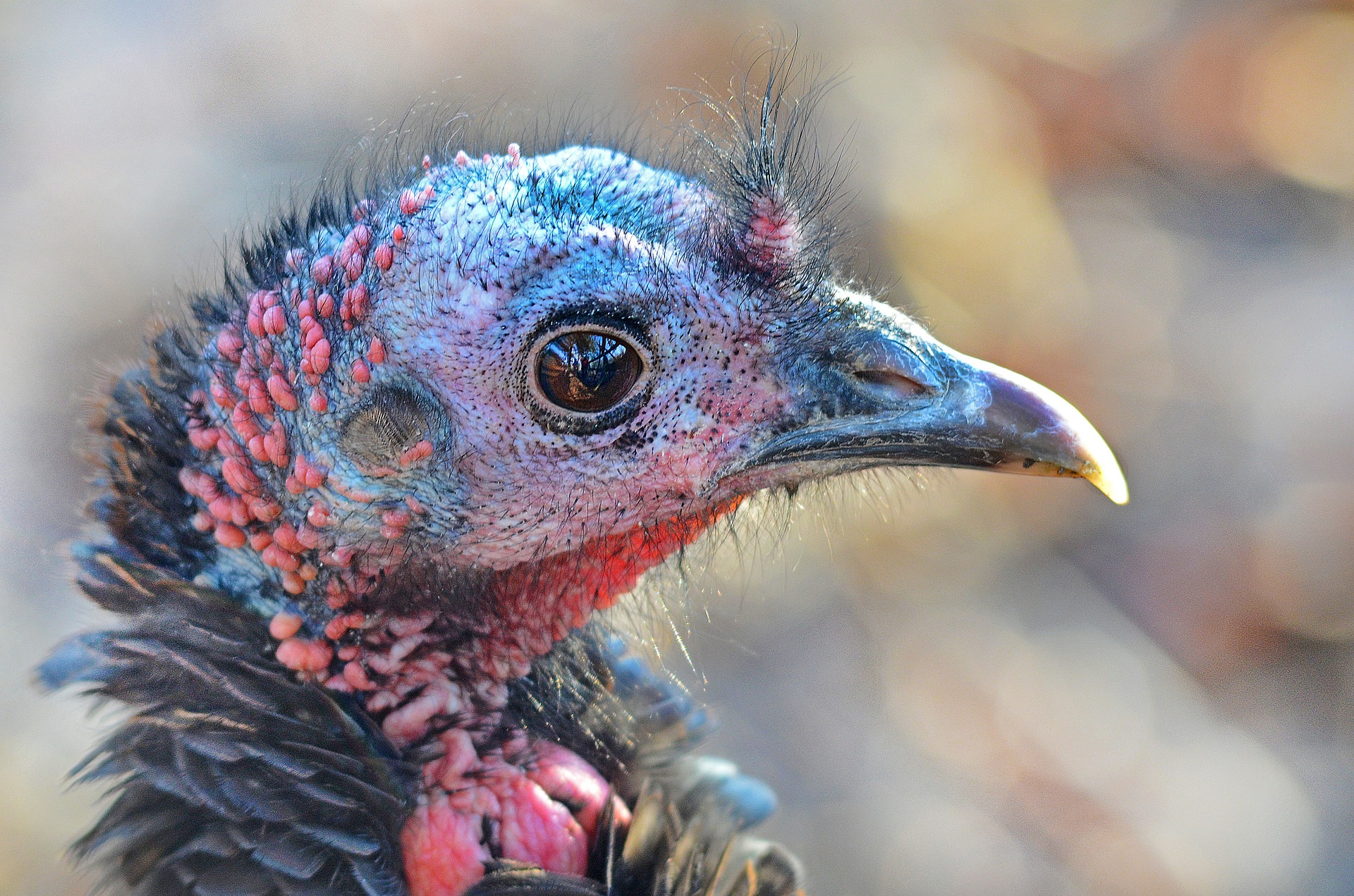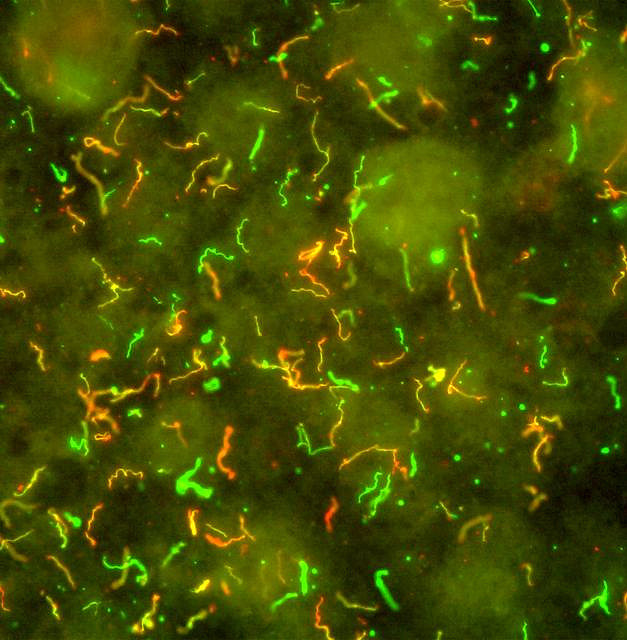Your cart is currently empty!
I recently hosted the first ever Facebook LIVE Q&A and there were a lot of questions about purpose, like this one: “What is the purpose of ticks?”
The truth is, the concept of a plant or animals purpose isn’t as cut and dry as many would like. This makes sense. People are always trying to determine their purpose, their deeper meaning, and trying to answer age old questions like “What’s the meaning of life?”. When we start looking outward, we start trying to apply that same thought logic, but that’s just not how life really works. This is a topic I will be sure to explore more in-depth in a future podcast episode devoted to this idea of purpose.
That being said, everything plays a role in its ecosystem. Yes, even ticks. So what are those roles? I’ll explain!
1. Ticks are (sort of) a food source

Many animals will eat ticks. Virtually any insect eating bird will eat ticks if they are available. Ground dwelling birds like turkeys, chickens, and other will also eat ticks. Fire ants, another notorious creature, can clear whole fields of ticks. But for every tick eaten, there are more that will hitchhike on those same birds, mammals, and even humans. The problem is that nothing eats ticks exclusively. If there was, that’d just be bad evolution. So, if ticks disappeared it is unlikely that any living creature would suddenly face a major starvation crisis. Even the possum, which can potentially eat 5,000 ticks per season, have little impact considering they only eat ticks which have made their way onto their bodies and the fact that a single tick can lay 2,000 to 18,000 eggs in a lifetime.
2. Microbes need a home too, right?

Don’t worry, ticks get a taste of their own medicine…sorta. Ticks may use bigger creatures as host, but ticks themselves are bigger creatures compared to some, serving as host to a diverse range of microorganisms. Yes, many of those bacteria, viruses, and other organisms are the very source of many tick-borne illnesses, but if we are going to try and look at the purpose of ticks then we need to look at purpose from all angles. To these microorganisms, a ticks purpose is a place to call home. Like all living things, we exist because we can. We exist to survive and to further our own species. Microorganisms use ticks as a home to survive and spread, just like ticks use host to survive and spread. Simple, right?
3. Ticks maybe help reduce populations…maybe

The truth is, research on this is difficult, impractical, and well, difficult. Ticks do spread diseases. They are what are known as a vector, an avenue for diseases to spread. Using what we know and a little bit of logic, it wouldn’t be hard to imagine that ticks could play this role in a pretty straight forward way. Ticks require a host, meaning the higher the host population, the higher the possible tick population. With high tick populations comes higher incidence of tick-borne illnesses. Secondly, if there are a high number of host available, that means that ticks can spread more easily over a geographic range. Disease works this way in populations. The higher the population and the more contact between individuals, the more disease can spread. You could suggest then that higher host populations will eventually see higher levels of diseases which, in combination with other factors (predators, habitat, food availability) may help level off or reduce rising populations of some animals.
So, as far as purpose is concerned, the answer is that they don’t have any. As far as role is concerned, we have to not think about “role” in a human centered context because doing so won’t give you a good answer. At least not a satisfying one. Either way, ticks are here to stay.
Here is something to think about: ticks don’t necessarily want to bite you. Ticks rely on being able to pick a host, feed, drop off, and repeat. When a tick latches onto a human, odds are that they are going to be found, killed, or end up dropping off on some concrete or indoors where they can’t survive. As humans venture more and more into tick habitat, and as humans continue to spread our own habitat with residential developments, we will continue to have run-ins with ticks. That said, when you go hiking or into potential tick habitat, always be sure to have at least two forms of tick protection to prevent tick-borne illnesses. Use bug spray, where long socks with your pants fashionably tucked in, purchase tick-gaiters, or treat your clothing with permethrin to keep yourself protected and to keep ticks in the woods and grasses where they should, and want, to be.


Leave a Reply